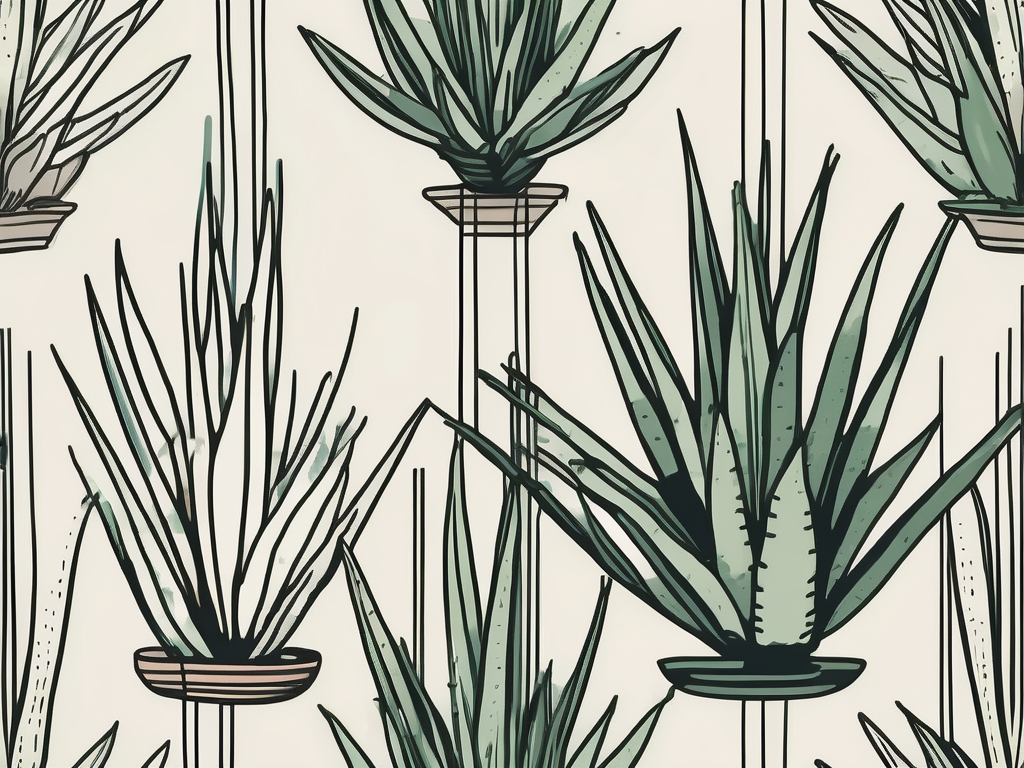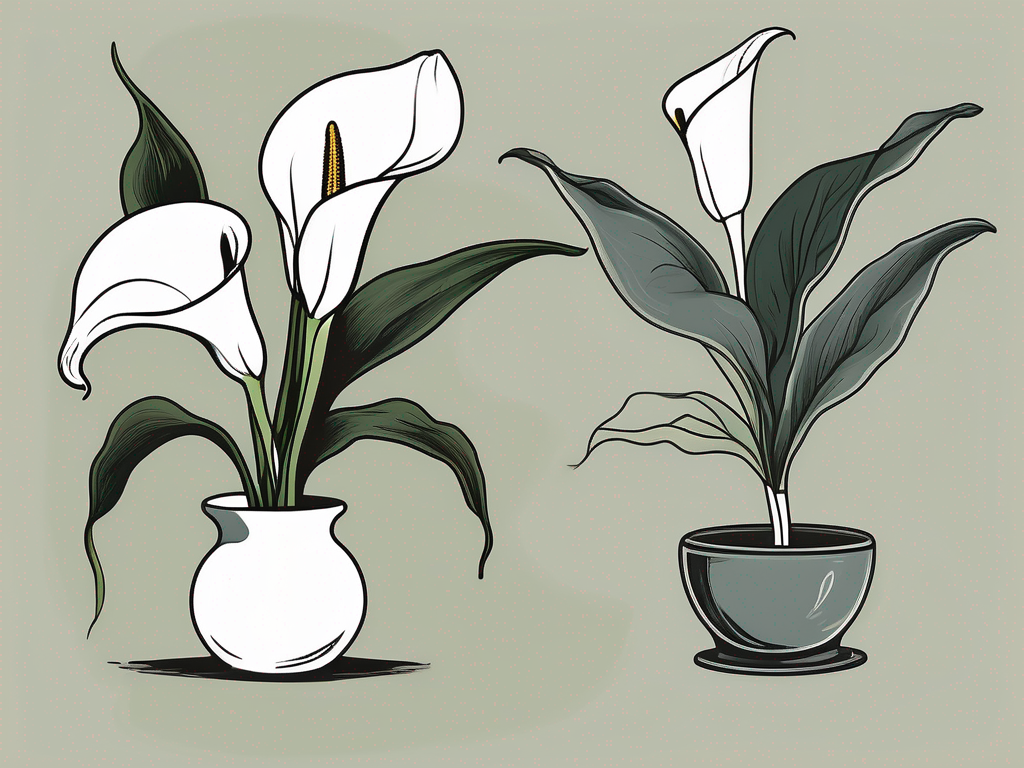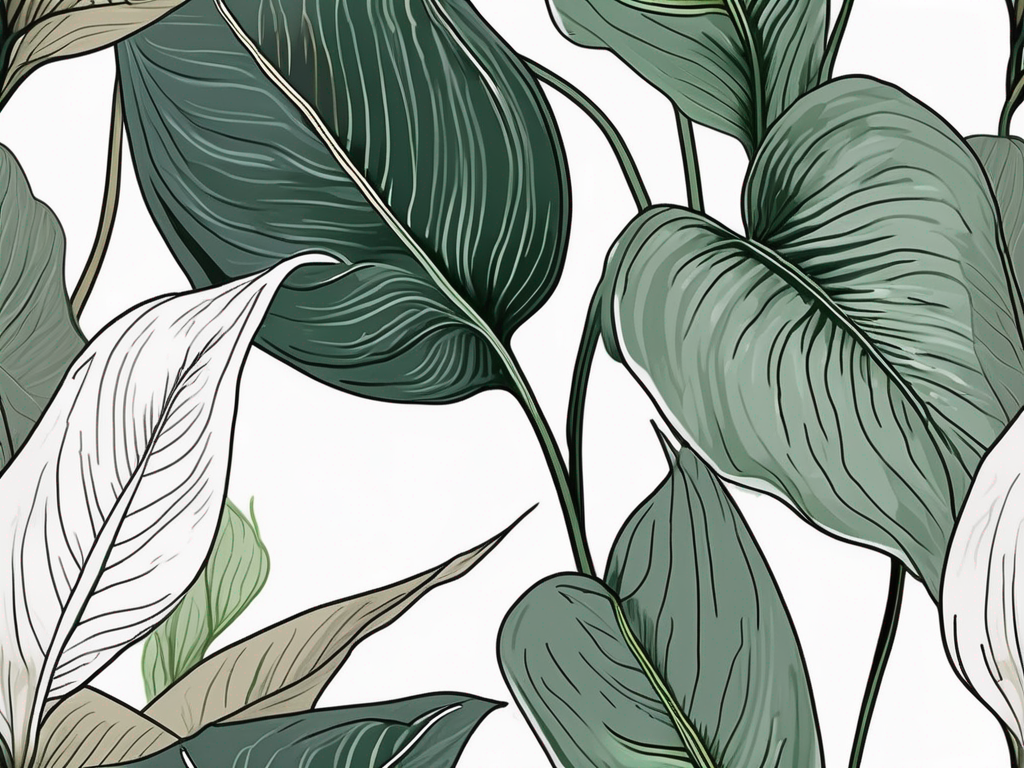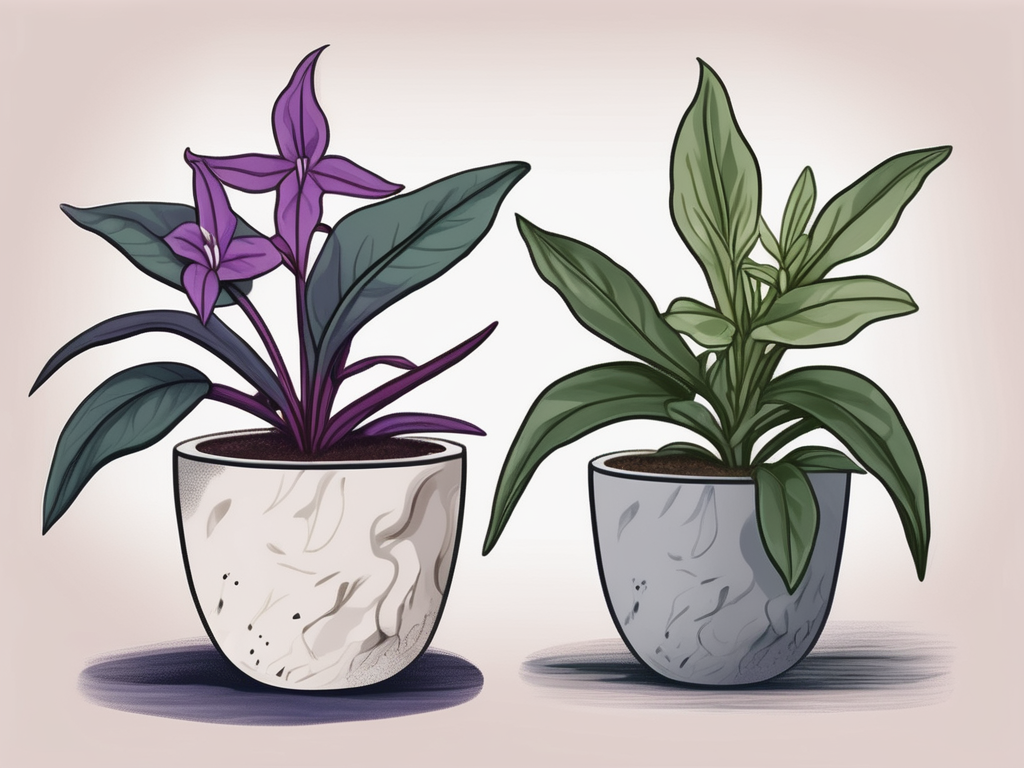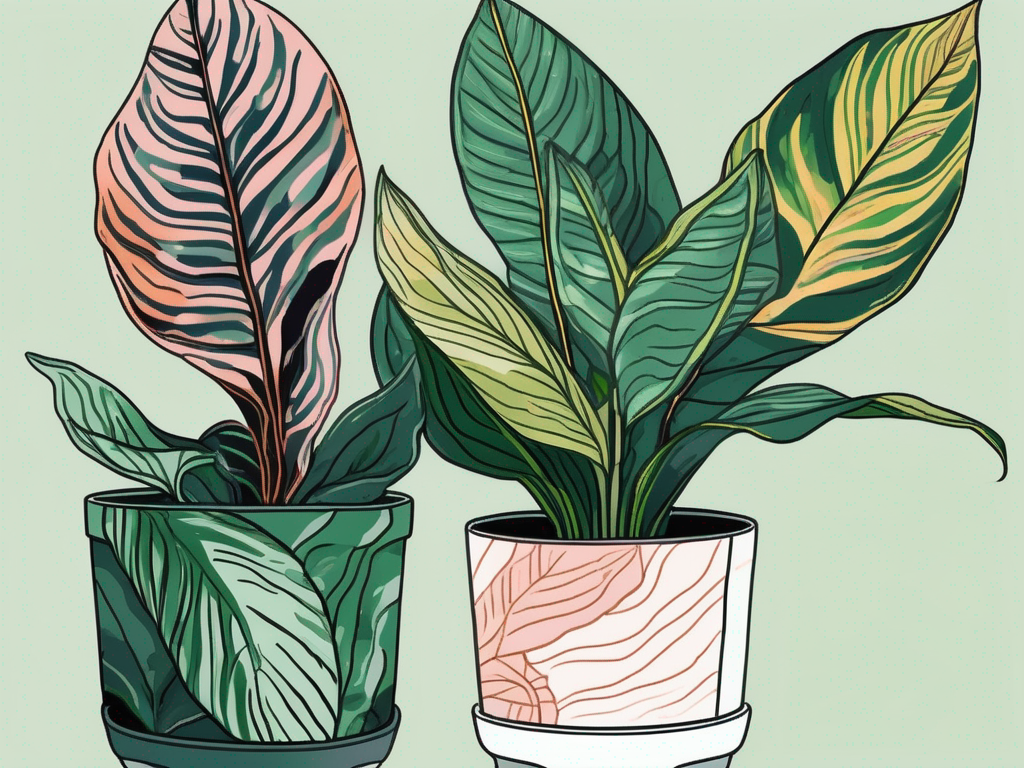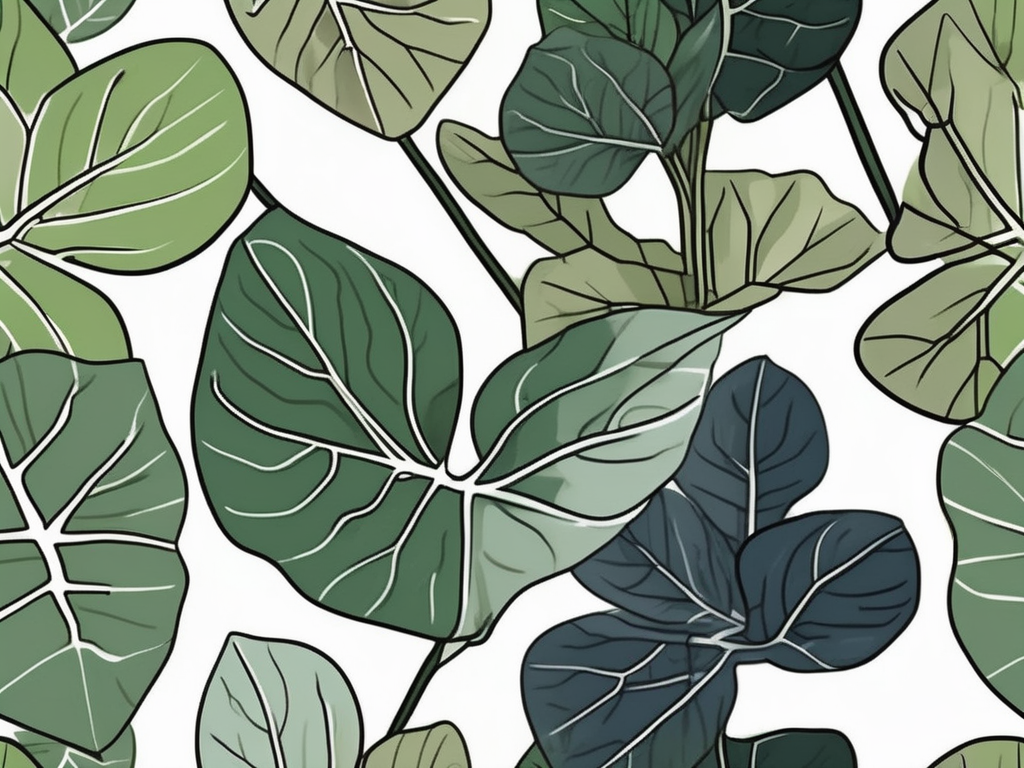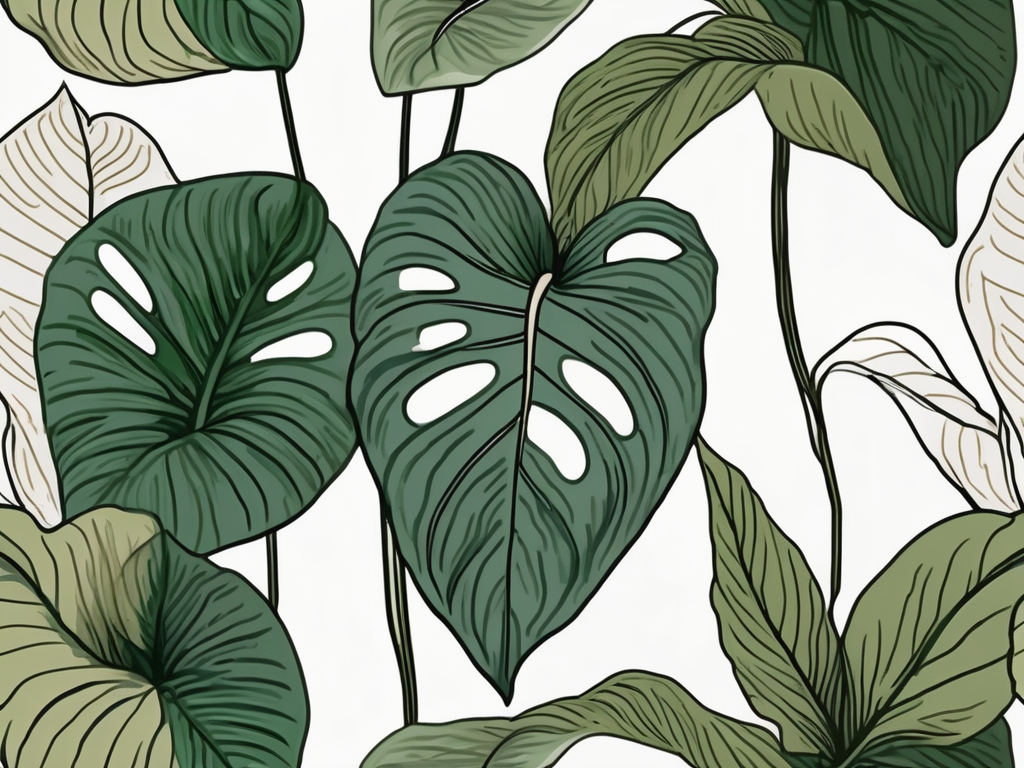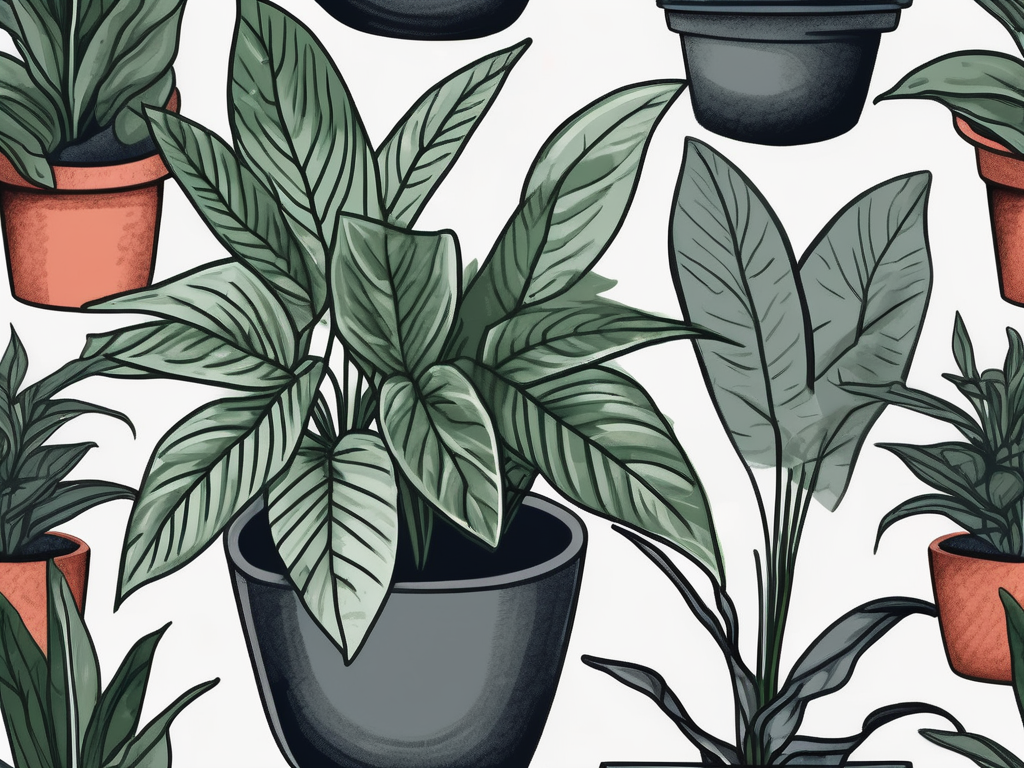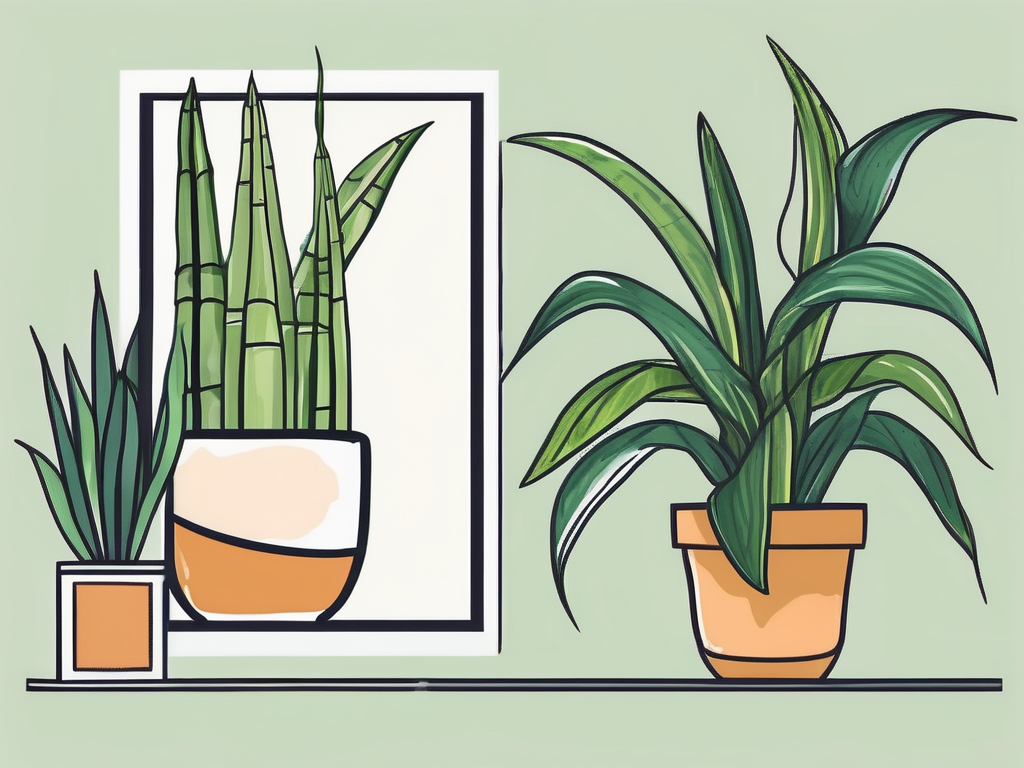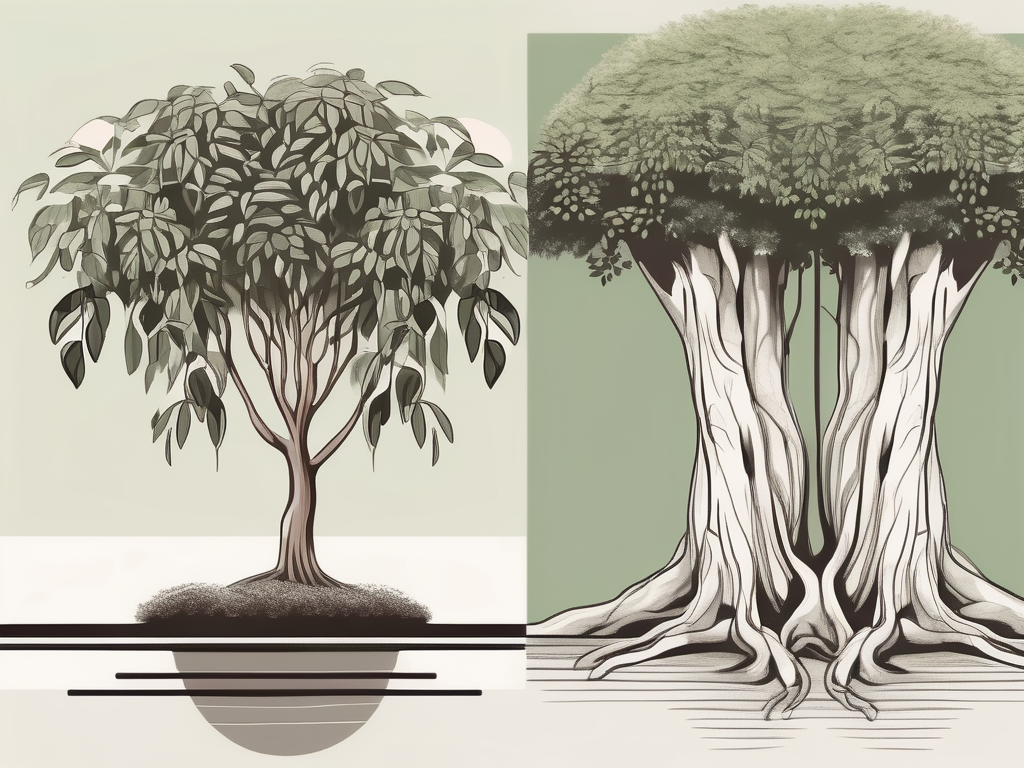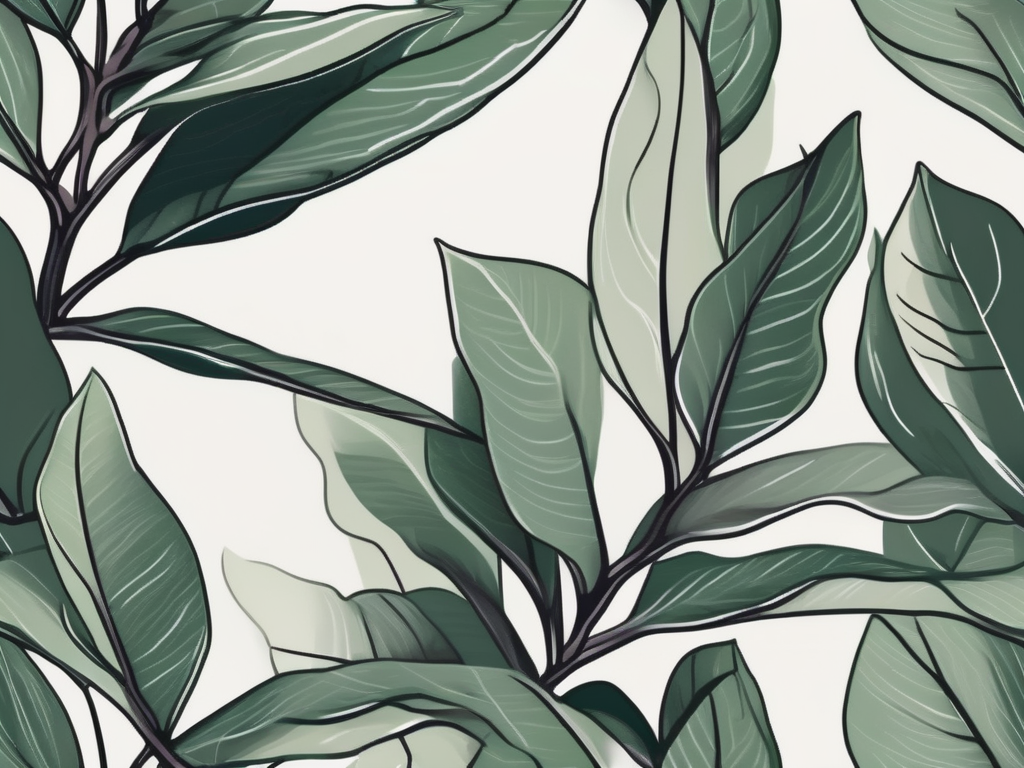
Ficus Alii plants, also known as the banana leaf fig, are a favorite among plant lovers for their elegant, elongated leaves and easy-going nature. Yet, when those leaves start curling, it can be a bit of a head-scratcher. Leaf curling is a signal that something isn't quite right with your plant's environment or care routine.
Throughout this article, we'll explore various reasons why the leaves of your Ficus Alii might be curling. From watering mishaps to pest issues, we'll cover it all. Plus, you'll get practical tips and advice on how to keep your Ficus Alii healthy and happy.
Understanding the Basics of Leaf Curling
So, what's the deal with leaf curling? It's pretty straightforward—your plant is stressed. But don't worry, just like a friend giving you a subtle hint that something's off, your Ficus Alii is doing the same. The first step is to listen to what it's trying to say. Leaf curling can be a response to a variety of factors, and each tells a unique story about what's happening with your plant.
Imagine leaf curling as a distress signal. It might be saying, "Hey, I'm thirsty!" or "Help, there are bugs on me!" By paying attention to these cues, you're on the right path to solving the mystery. Just like any good detective, you'll need to consider all possibilities before landing on a solution.
Watering Woes: Too Much or Too Little?
Watering is a significant factor when it comes to plant health, and Ficus Alii is no exception. If your plant's leaves are curling, it could be due to watering issues. But here's the tricky part: both overwatering and underwatering can cause similar symptoms.
Let's break it down:
- Overwatering: When a Ficus Alii gets too much water, its roots can suffocate, leading to root rot. This prevents the plant from absorbing nutrients properly, causing the leaves to curl as a sign of distress.
- Underwatering: On the flip side, if your Ficus Alii isn't getting enough water, it will conserve moisture by curling its leaves. Wilting and dry soil are also tell-tale signs of underwatering.
To get watering just right:
- Check the soil moisture by sticking your finger about an inch into the soil. If it feels dry, it's time to water.
- Ensure your pot has proper drainage to prevent water from pooling at the bottom.
- Establish a regular watering schedule that fits your plant's needs, adjusting for seasonal changes.
Temperature Troubles: Too Hot or Too Cold?
Ficus Alii, like most tropical plants, thrives in warm environments. However, extreme temperatures can cause the leaves to curl as the plant struggles to adapt. So, what temperature range does your Ficus Alii prefer? Ideally, keep the room between 65°F to 85°F (18°C to 29°C).
Here are some scenarios where temperature could be the culprit:
- Too Hot: If your plant is near a heat source, like a radiator or a sunny window, it might be getting too warm. High temperatures can cause leaves to lose moisture quickly, leading to curling.
- Too Cold: On the other hand, cold drafts from windows or doors can shock the plant, causing its leaves to curl in defense.
To create a cozy environment:
- Move your plant away from direct heat sources or cold drafts.
- Consider using a room thermometer to monitor the temperature around your plant.
- Adjust your plant’s location to align with seasonal changes, ensuring it stays in a comfortable temperature range.
Humidity Levels: Is the Air Too Dry?
Tropical plants, such as the Ficus Alii, love humidity. If the air in your home is too dry, your plant might start curling its leaves as a way to conserve moisture. This is particularly common in winter, when indoor heating can reduce humidity levels significantly.
To boost humidity:
- Use a humidifier in the room where your plant resides to maintain optimal humidity levels.
- Mist your plant's leaves regularly, but make sure not to overdo it, as too much moisture can lead to fungal issues.
- Group your Ficus Alii with other plants. They release moisture into the air through a process called transpiration, creating a mini microclimate.
By keeping an eye on humidity, you can ensure your Ficus Alii stays lush and healthy.
Pest Problems: Unwanted Guests
Nobody likes uninvited guests, especially when they're tiny, pesky insects. Pests like spider mites, aphids, and mealybugs can infest your Ficus Alii, causing stress and leading to curled leaves.
Here's how to spot and handle these nuisances:
- Spider Mites: Look for tiny webbing and small, discolored spots on the leaves. These mites can suck the sap from the plant, causing distress.
- Aphids: These small green or black insects often cluster on the undersides of leaves, feeding off the plant's nutrients.
- Mealybugs: Recognizable by their white, cotton-like appearance, they can be found on both leaves and stems.
To combat pests:
- Isolate the affected plant to prevent the spread to others.
- Use insecticidal soap or neem oil to treat infestations, following the instructions carefully.
- Regularly inspect your plants for early signs of pests to nip any problems in the bud.
Nutrient Deficiencies: Is Your Plant Hungry?
Just like us, plants need a balanced diet to thrive. A lack of essential nutrients can cause leaf curling in your Ficus Alii. The most common deficiencies include nitrogen, phosphorus, and potassium.
Signs of nutrient deficiencies might include:
- Nitrogen Deficiency: Yellowing leaves, particularly older ones, along with curling.
- Phosphorus Deficiency: Dark green leaves with a purplish tint and curling edges.
- Potassium Deficiency: Browning edges and tips, along with curling.
To keep your plant well-fed:
- Use a balanced houseplant fertilizer according to package directions, adjusting frequency based on the growing season.
- Consider using a slow-release fertilizer for a steady supply of nutrients.
- Repot your plant every couple of years with fresh soil to provide essential minerals.
Lighting Issues: Is Your Plant Getting Enough Sun?
Ficus Alii enjoys bright, indirect light. If the leaves are curling, it might be due to inadequate lighting conditions. Too little light can cause the plant to stretch for sun, while too much direct sunlight can scorch the leaves.
Here's how to balance it out:
- Too Little Light: If your plant is in a dim corner, consider moving it closer to a window where it can receive more indirect sunlight.
- Too Much Sun: If the leaves are getting scorched, try using sheer curtains to diffuse the light or move the plant back a bit from the window.
Adjusting your plant's position can make a world of difference in its health and appearance.
Soil and Potting Concerns
The type of soil and pot your Ficus Alii is in can also affect leaf health. Poor drainage or compacted soil can lead to root problems and, consequently, leaf curling.
To ensure your plant has the best foundation:
- Choose a well-draining potting mix, ideally one formulated for indoor plants or with added perlite for aeration.
- Make sure your pot has drainage holes to prevent water from sitting at the bottom, which can cause root rot.
- Repot your plant every couple of years or when you notice it's getting root-bound.
Giving your Ficus Alii the right soil and pot can help it thrive and keep those leaves nice and straight.
Stress Factors: Recent Changes
Plants can be sensitive to changes in their environment. If you've recently moved your Ficus Alii, repotted it, or changed its care routine, these changes might cause temporary stress, leading to curled leaves.
Here are a few things to consider:
- Moving Locations: A change in location can expose your plant to different light, temperature, and humidity levels.
- Repotting: Disturbing the roots during repotting can cause shock.
- New Care Routine: Adjusting watering or feeding schedules can stress the plant until it adjusts.
If you suspect stress is the cause:
- Give your plant some time to acclimate to its new environment.
- Maintain a consistent care routine to help your plant settle in.
- Monitor the plant for improvement. Often, leaves will return to normal once the plant adapts.
Final Thoughts
Leaf curling in Ficus Alii can be a signal of various issues, from watering and temperature to pests and nutrient deficiencies. By carefully observing your plant's environment and adjusting care routines, you can help your Ficus Alii thrive.
At Cafe Planta, we're passionate about helping you on your plant journey. Whether you're looking for new plant additions or need advice on plant care, we're here for you. Feel free to email us or send us a DM on Instagram. Let's grow together and make your home a plant haven!

